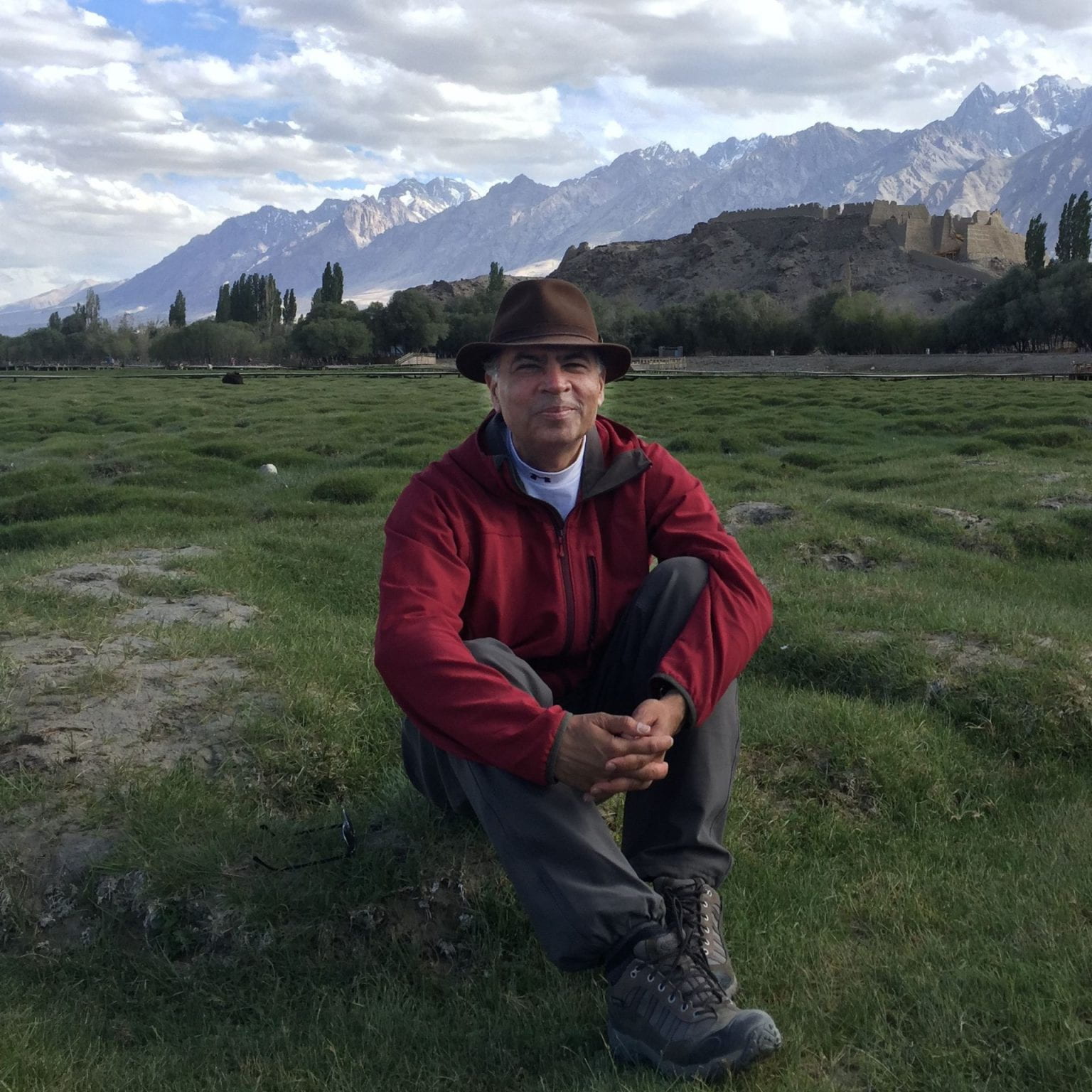
Global Seminar on Indigenous Issues Affecting Humanity in the Third Millennium
We are in a critical and opportune moment for action because a fundamental transformation is taking place in universities in the Americas, Australia, Canada, Central and South Asia, New Zealand, Northern Europe and sub-Saharan Africa. As young Indigenous scholars increasingly engage in scholarship in the biological, physical and social sciences, as well as the humanities, it has become clear that the future of institutionalized science is no longer solely in the hands of descendants of settler-colonialists and that Indigenous voices will increasingly be present in shaping the future of scholarship in all these fields.
A separate but equally significant and related point is that Indigenous cultures that have faced colonization and are, today, at the vanguard of global issues such as climate change, environmental stewardship, food security and social justice, may also provide the necessary intellectual depth to understand these impacts and give potential insights into effective adaptation strategies. Therefore, these young Indigenous scholars may contribute to multiple ways of knowing and transdisciplinary thinking in research as well as teaching of a new generation of citizens, scholars and policy makers.
They are part of a groundswell of intellectual pluralism that can substantially contribute to responding to the combined environmental, economic and sociocultural crises that define the beginning of the third millennium. Therefore, I propose to develop a Global Seminar in collaboration with universities (including tribal colleges) that serve Indigenous student populations in the Americas, Australia, Canada, Central and South Asia, New Zealand, Northern Europe and sub-Saharan Africa to directly address current issues facing Indigenous communities such as climate change; food, energy, health and water sovereignty; social justice; environmental stewardship practices, et cetera. This seminar, using recent technological innovations, would take place in “real-time” where students along with their teachers/mentors would directly engage each other in deliberative reflection and discussion on these issues from their specific international contexts.
For decades, Karim-Aly Kassam has seamlessly merged research and teaching in service of communities. His research focuses on the complex connectivity of human and environmental relations, addressing Indigenous ways of knowing, food sovereignty, sustainable livelihoods, stewardship and climate change. This research is conducted in partnership with Indigenous communities in the Circumpolar Arctic, Boreal Forest as well as the Pamir Mountains of Afghanistan, Kyrgyzstan, Tajikistan and Xinjiang.
Building on his considerable research record, Kassam’s teaching includes structured reflection on his participatory methods, community engagement and Indigenous ways of knowing. His flagship course, Ways of Knowing: Indigenous and Place-based Knowledge (NTRES/AIIS/AMST 3330) and the graduate seminar (NTRES 6330) have been taken by senior undergraduates and graduate students from across Cornell for the past 15 years.
The overarching conceptual goals of Kassam’s advising, teaching and research are direct engagement with communities with immediate and concrete impacts. And he seeks to engender hope in his students, developing a research methodology of hope and instilling a pedagogy of hope.


